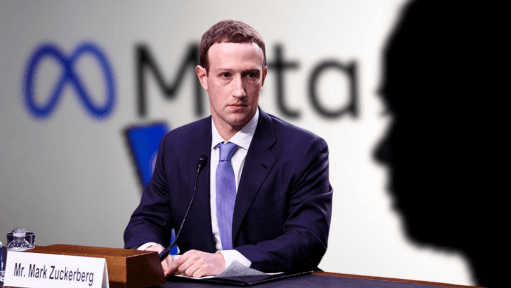
Court Rules Zuckerberg Not Personally Liable in Social Media Lawsuits
Ruling Shifts Focus to Policy-Level Action on Youth Safety
Mark Zuckerberg, CEO of Meta, is not held personally liable in a series of lawsuits concerning the harm social media may cause to children. The ruling, delivered in response to the ongoing debate over the responsibilities of tech executives, indicates that the issues raised by plaintiffs must be addressed at a policy level rather than attributed to Zuckerberg as an individual.
The lawsuits are part of a broader movement to hold social media companies accountable for the psychological and physical effects their platforms can have on younger users. Several advocacy groups have raised concerns over the link between excessive social media usage and issues such as depression, anxiety, and decreased self-esteem among children and teenagers. Despite these claims, the court’s decision underscores the principle that executives are not directly responsible for the actions and content uploaded by millions of users on social media.
Meta, formerly known as Facebook, has consistently defended its approach to content management and child safety. The company argues that it has made efforts to incorporate parental controls, educational tools, and community guidelines aimed at reducing harmful interactions and content exposure. Critics, however, argue that these measures are insufficient and that companies like Meta should take stronger steps to safeguard young users.
The ruling adds a new layer to the ongoing discourse on social media regulation and the role of personal accountability for executives of these large platforms. While Zuckerberg’s exoneration relieves him of personal liability, it does not diminish the calls for stricter oversight and regulatory frameworks that can better protect young users online. Lawmakers in the U.S. and other countries continue to explore new ways to hold social media companies accountable for user safety and the mental health implications of their platforms.